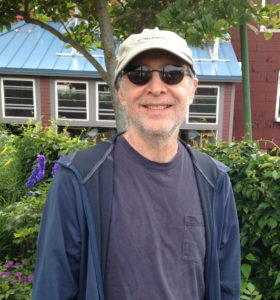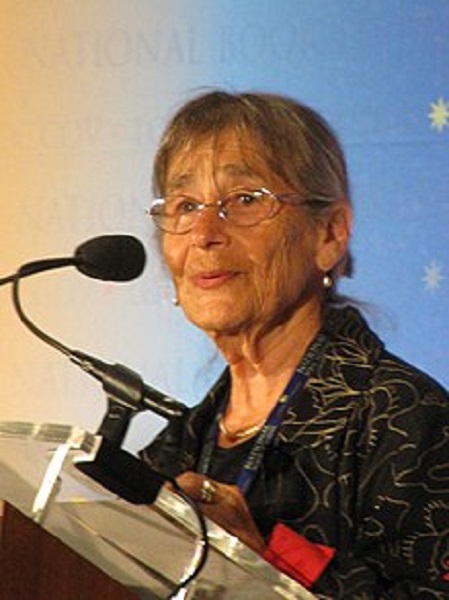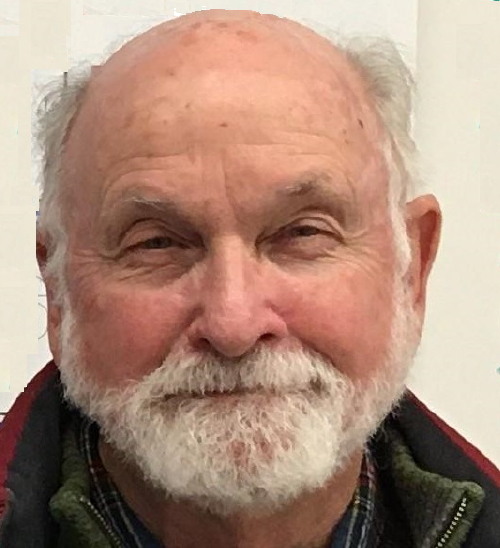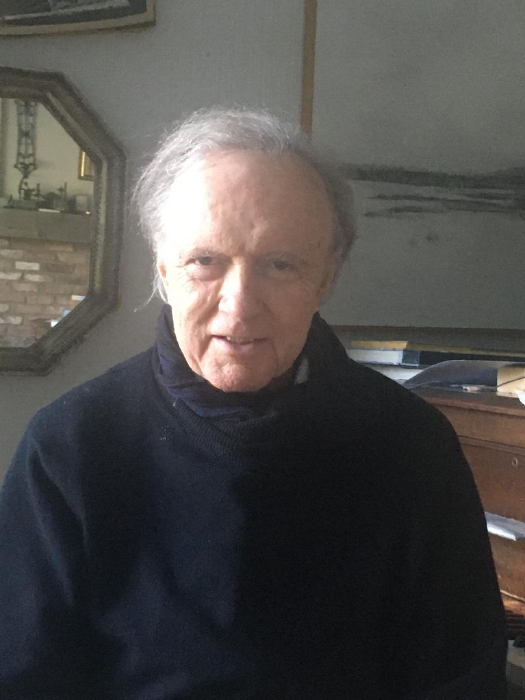
Dear Poetry Monday Readers:
Irene Willis asked me to go into our archives and repost this previous Poetry Monday with the poetry of Jeff Friedman for your reading pleasure.
Thank you,
Tamar Schwartz
InternationalPsychoanalysis.net
February 7, 2022
Good morning everyone,
I hope you’ve all had a successful Thanksgiving, Hanukkah, Christmas and New Year holidays and that this morning finds you all fully vaccinated and some even with the third shot.
Our poet today is Jeff Friedman, whose work was last featured here in 2008. I’ve always enjoyed his work fully, especially its humor and warmth, but with his new book The Marksman (Carnegie Mellon University Press) he seems to have reached a greater depth.
It’s our pleasure to share three of his poems here. All are from the new book, although they were previously published in journals and magazines.
; –Irene Willis
POETRY EDITOR
Marksman
I shot the points off a star
dangling in a window
and I shot the lies
off the tongue of a liar,
who then spoke sweetly
about the pleasures of the truth. Continue reading Poetry Monday: February 6, 2023




